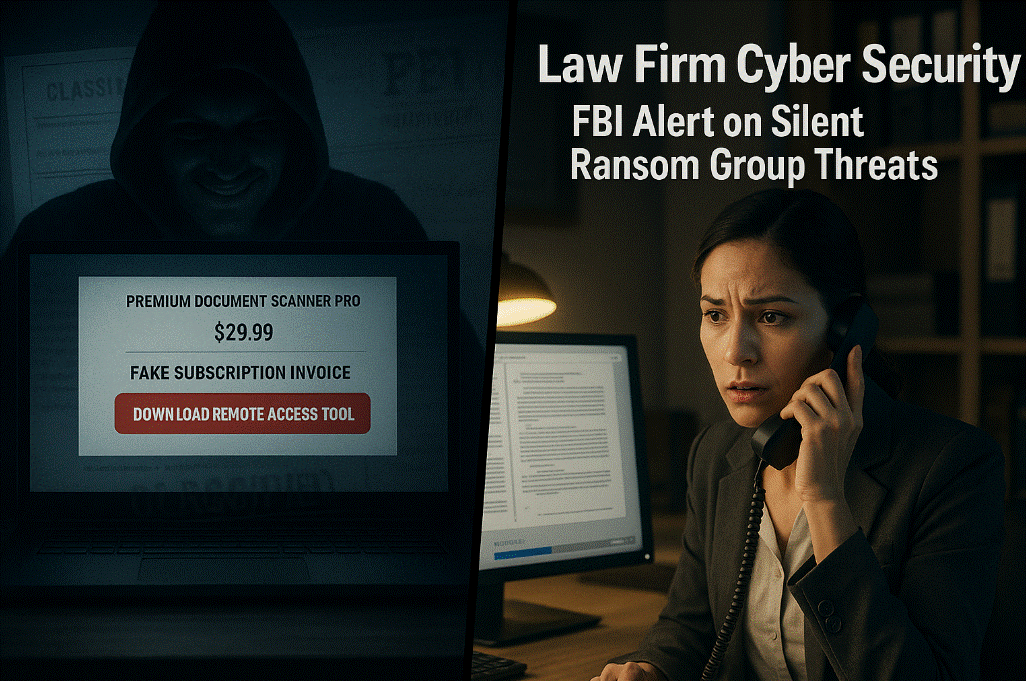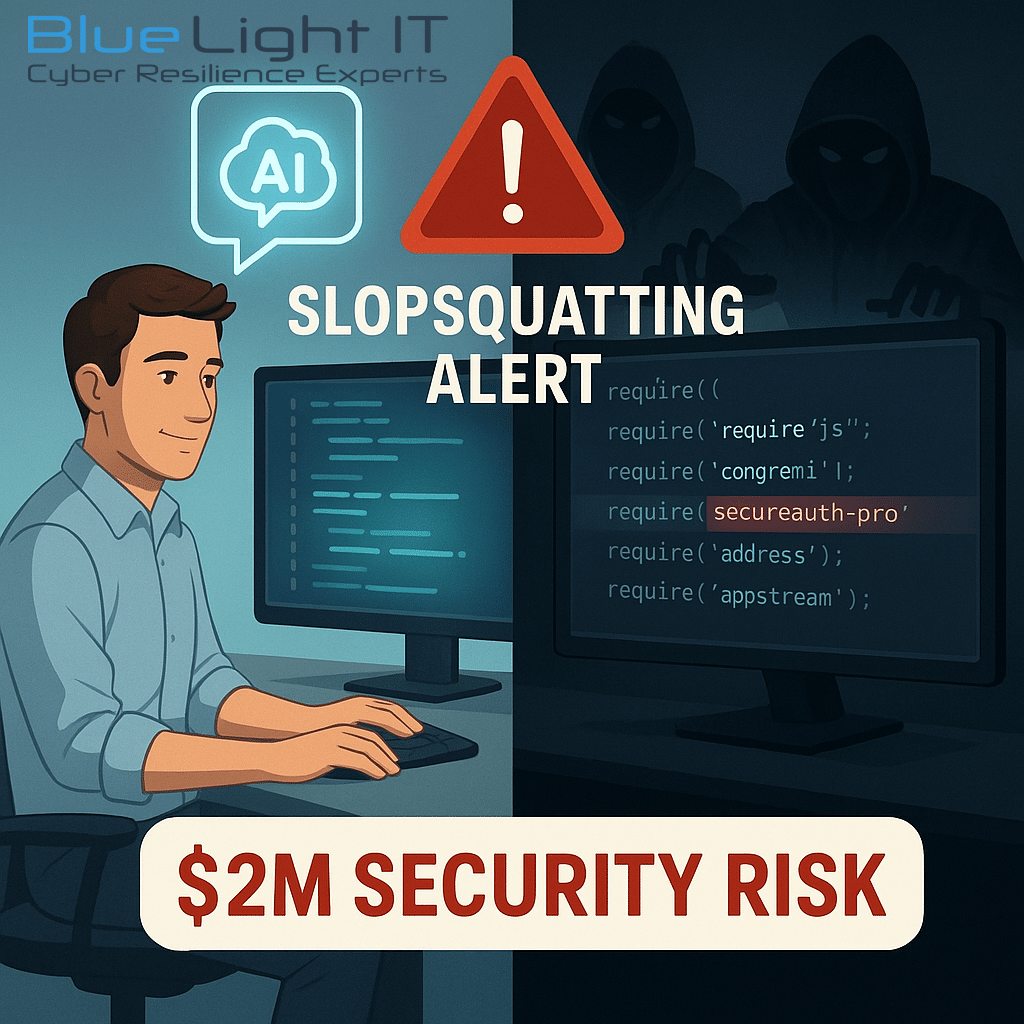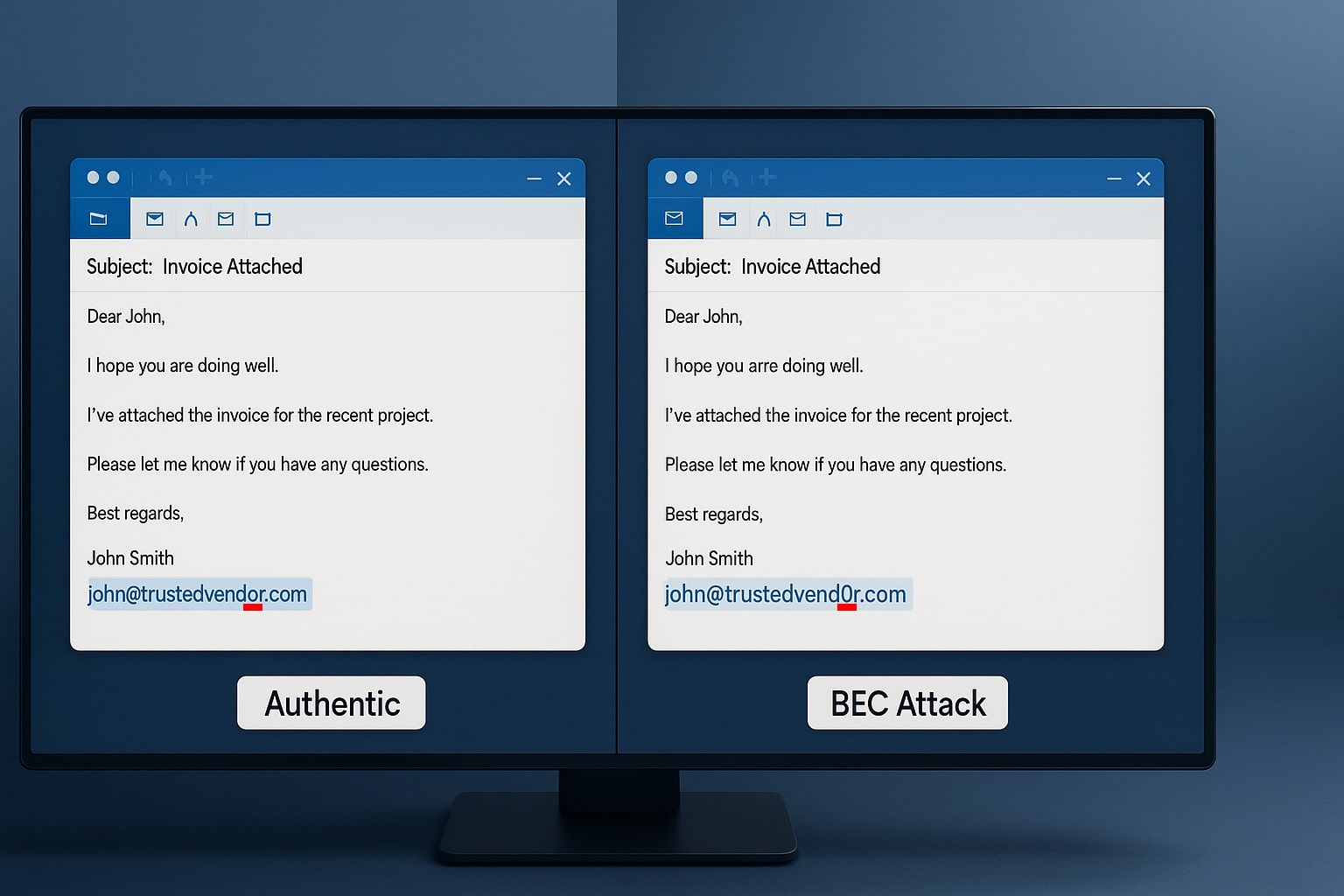Everybody knows client-attorney privileges are sacred. As an attorney, you handle a wealth of sensitive information daily. Clients need to know that whatever they say to their lawyer is protected via client-attorney privilege, and are confident that their data is being actively protected.
Cyber data breaches are becoming increasingly common. They threaten both the privacy of clients’ sensitive information and your law firm’s reputation. ABA’s cybersecurity Report states that 25 percent of law firms have previously suffered a data breach, costing them not just their data, but financial and reputational losses.
Cybersecurity must be a top priority for law firms. In this article, we will explain the common cybersecurity struggles for law firms and what you can do to avoid them in your practice.
Need to Discover the Right Solution for Your Law Firm?
Not Conducting A Risk Assessment
If you don’t conduct regular risk assessments to identify which key vulnerabilities or weaknesses your firm has, you could be putting your clients’ data privacy at risk. No firm wants to discover it’s at risk of a breach, but it’s much better to know where your weaknesses are before a breach occurs. Armed with that knowledge, you can take the right steps to prevent it
Consider using a third party to conduct a risk assessment to help you identify cybersecurity gaps, create an incident response plan, implement security measures and train your staff on the latest best practices.
Not Having a Robust Cybersecurity Policy and Incident Response Plan
There are too many firms that lack robust cybersecurity policies and incident response plans. ABA states that 53 percent of firms have policies to manage the retention of information/data held by the firm, while 36 percent have an incident response plan. However, 17 percent of firms lack any policy, with another 8 percent stating they didn’t even know about cybersecurity policies or what they were.
Law firms can’t simply adopt a simple cut-and-paste approach to implementing a strong cybersecurity policy. Every policy must be crafted around the firm’s specific, unique needs — therefore, no two policies will be alike.
Firms must thoroughly audit their potential risk areas and create a customized policy taking these risk areas into account. Additionally, they should ensure everyone on their staff is aware of their cybersecurity responsibilities.
By that same token, there’s little point in implementing a robust cybersecurity policy if nobody understands it, is aware of it or knows their own role within the framework.
Not Taking Advantage of Cybersecurity Tools
Law firms must use comprehensive, up-to-date tools to protect their data security. These tools range in complexity using software-based firewalls through endpoint protection and security & monitoring of their cloud.
But implementing the right tools is just the first step: You must also add robust data encryption and protection, like using multi-factor authentication and encrypting data at rest. While multi-factor authentication might seem like a hassle, it is a critical step necessary to protect your firm’s and your clients’ data.
Not Working With Cybersecurity Providers Who Prioritize Security
Cybersecurity must be a key consideration when firms choose a Managed Services Provider. The best providers understand its importance and implement cybersecurity best practices into everything they do.
Take Blue Light IT, for example. Our CEO, Amir Sachs, has co-authored two books on cybersecurity. The security-first approach creates cyber resilience with best security practices and robust continuity strategies.
Need to Discover the Right Solution for Your Law Firm?
Next Steps
It’s not a matter of if a breach will occur, it’s a matter of when. Prioritize your firm’s cybersecurity before it’s too late.
If you want to schedule a risk assessment or learn from our experts, contact us or book a meeting. Partner with Blue Light IT for cybersecurity services and leave chaos and worry behind.
Sources:
- https://www.bluelightit.com/cyber-security/
- https://www.clio.com/blog/cyber-security-law-firms/
- https://www.americanbar.org/groups/law_practice/publications/techreport/2021/cybersecurity/
- https://www.bluelightit.com/contact/
- https://www.bluelightit.com/book-a-meeting/
Related Posts

Law Firms Beware: The Silent Ransom Group is Calling
read more

Slopsquatting: The AI Security Threat Every Development Team Must Address
read more

